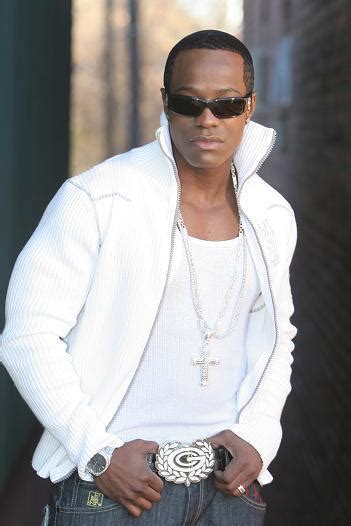A Quote by Roger Scruton
In place of the old beliefs of a civilization based on godliness, judgment and historical loyalty, young people are given the new beliefs of a society based on equality and inclusion, and are told that the judgment of other lifestyles is a crime. ... The "non-judgmental" attitude towards other cultures goes hand-in-hand with a fierce denunciation of the culture that might have been one's own
Related Quotes
Cross-cultural reality testing forces people to examine both their own and others' understandings of reality. Most people simply assume that the
way they look at things is the way things really are, and judge other cultures' views of reality before understanding them. These judgments are
based on ethnocentrism, which closes the door to further understanding and communication. Furthermore, ethnocentric judgments keep missionaries from examining their own beliefs and values to determine which of them are based on biblical foundations and which on their cultural beliefs.
The post-Second World War simple system of social democracy and organized labour has fragmented massively, but just because people aren't organized in workplace trade unions doesn't mean they aren't in associations with other people - work-based, place-based, culture-based, sport-based, faith-based - there's a bit of an old rainbow coalition argument.
People come to have different moral beliefs because they have different non-moral beliefs about relevant facts. People are disposed to believe whatever justifies the practices and institutions that benefit them. But I argue that not all moral differences can be explained away in such a fashion. Some of the most profound disagreements come from differences in priority assigned to values such as relationship and community on the one hand, and individual rights and personal autonomy for the individual, on the other hand.
Obama said, 'Now let me be clear, issues of women's equality are by no means simply an issue for Islam.' No, he said, 'the struggle for women's equality continues in many aspects of American life.' So on one hand, 12-year-old girls are stoned to death for the crime of being raped in Muslim countries. But on the other hand, we still don't have enough female firefighters here in America.
[T]here are, at bottom, basically two ways to order social affairs, Coercively, through the mechanisms of the state - what we can call political society. And voluntarily, through the private interaction of individuals and associations - what we can call civil society. ... In a civil society, you make the decision. In a political society, someone else does. ... Civil society is based on reason, eloquence, and persuasion, which is to say voluntarism. Political society, on the other hand, is based on force.
Our vulnerability [to ressentiment] is unavoidable (and probably incurable) in a kind of society in which relative equality of political and other rights and formally acknowledged social equality go hand in hand with enormous differences in genuine power, possessions and education; a society in which everyone "has the right" to consider himself equal to everybody else, while in fact being unequal to them.
Somewhere along the journey of remembering who we really are, we may find ourselves in a very uncomfortable space, a void in which we realize that we haven't totally let go of our old beliefs, and on the other hand we have yet to fully plug into the new truths we have discovered. This awkward "place of mind" can bring on an internal crisis of uncertainty, instability, confusion, frustration, and a most unspeakable despair as the "dark night" sets in and makes its presence felt.
There is a place in this world for satire, but there is a time when satire ends and intolerance and bigotry towards religious beliefs of others begins. Religious beliefs are sacred to people and at all times should be respected and honored. As a civil rights activist of the past 40 years, I cannot support a show that disrespects those beliefs and practices.
In religion and politics people’s beliefs and convictions are in almost every case gotten at second-hand, and without examination, from authorities who have not themselves examined the questions at issue but have taken them at second-hand from other non-examiners, whose opinions about them were not worth a brass farthing.









































